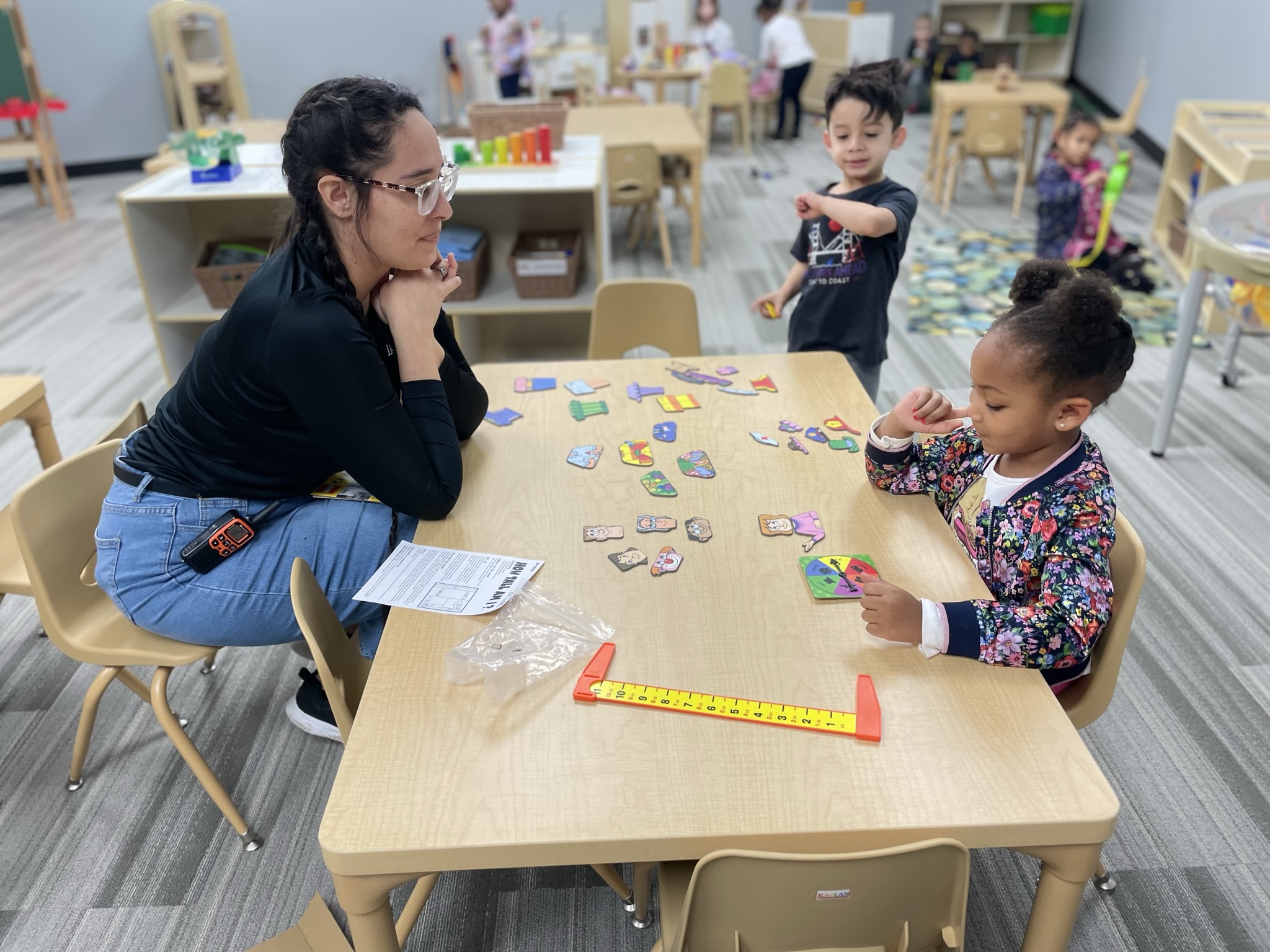 Elementary-aged children learn so much during these years, whether it is at-home learning, or in a traditional classroom, the concepts learned in those environments can easily be supported during non-learning hours at home. Here are five ways parents can support their elementary-aged kids in learning.
Elementary-aged children learn so much during these years, whether it is at-home learning, or in a traditional classroom, the concepts learned in those environments can easily be supported during non-learning hours at home. Here are five ways parents can support their elementary-aged kids in learning.
1. Create a Learning Environment at Home
Children will come home with new information and may want to expand on those concepts at home, so having a clean, organized space at home can provide the physical space they need to get into the headspace to learn more. This could be as simple as a learning box of supplies in the closet that they can reach when needed or as big as a dedicated desk.
2. Encourage Time Management and Organizational Skills
Children that are on time and ready to learn transition from playing to learning easier and faster. Parents can ease this transition by teaching their child about time management. Learning is also easier if children can find their supplies. Children can be messy, and don’t always stay organized, but if they start out organized and learn those habits, they will be more comfortable with their learning. This should help the child feel less stressed about learning because he or she is ready and prepared.
>> RELATED READ :: 4 Ways to Influence Your Child’s Elementary School Years <<
3. Ask Questions
At this age, children want to share their experiences. They find joy in learning and want to share that joy with everyone around them. For parents, this is a quick and easy way to assess what support the child may need in a non confrontational way. My two go-to quotations are: What was your favorite thing that happened today? What was your least favorite thing that happened today? These questions will lead to others and you may learn unexpected things. The things that your child says during these conversations show what they are truly learning, not just hearing or seeing.
4. Provide Extra Learning Experiences
Listen to what they are excited about and try to expand on that outside of the classroom or learning space. There are so many museums, classes, and other opportunities in this area where children can learn more about any topic, even if it isn’t something they are learning about in school. Many seemingly non-academic activities are actually academic at their core. For example, a cooking class or activity encourages math and science, taking photographs of plants and birds encourages science. These extra activities also teach sequence of events and other developmental points. You could also utilize the internet and local stores for supplies if needed.
 5. Support the Teacher
5. Support the Teacher
If your child is in a traditional classroom environment to learn, supporting their teacher is a big way to support your child. The child’s teacher will be sending home helpful information about what was done during class that can be used at home as talking points or learning expansion activities. Building a connection between your child, their teacher, and their school can go a long way in encouraging your child to want to be there. This will also open the lines of communication between parent and teacher if your child needs extra support or has questions.
One of the best ways to support your elementary-aged child is to be present. The elementary school years are very important to a child’s development. As parents we need to be there to help them through this development. That includes being there when they need us. Be ready for your child when they get off of the bus, walk through the door, or open the car door. They will have so many stories to tell. They will want a snack or may be tired, 8:00 a.m. – 3:00 p.m. is a long time, so be ready with something to feed their hunger and listen when they are ready.
If children supported in their learning during these formative years, they will be more willing and excited to learn going into middle school, high school, and beyond. They will communicate more with their parents and find joy in learning.













